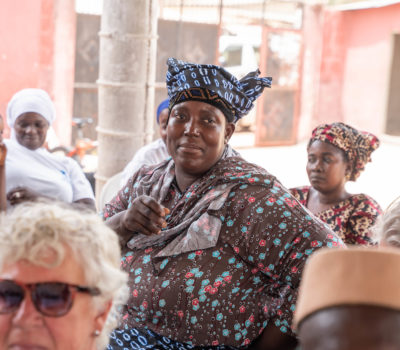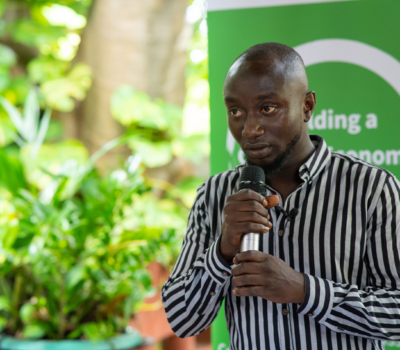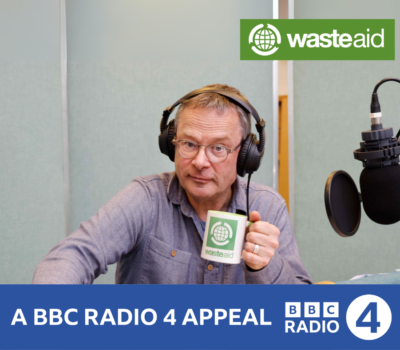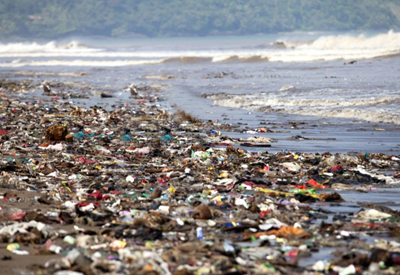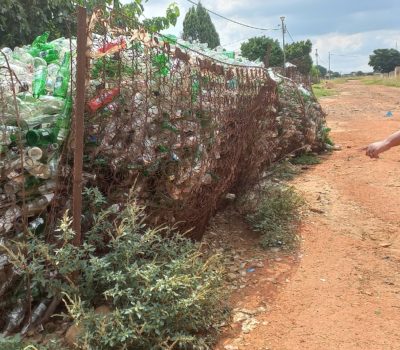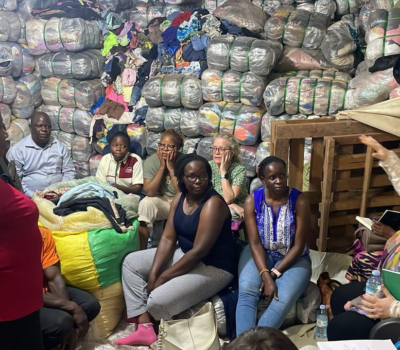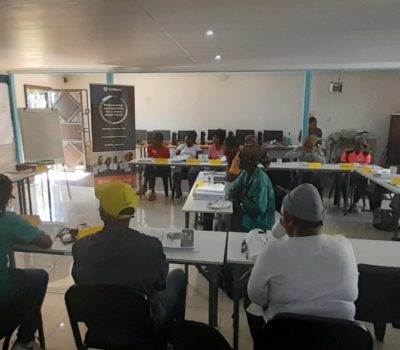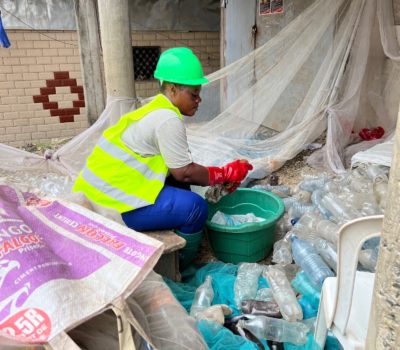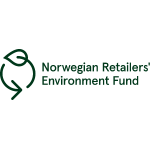The Gambia
The majority of waste generated in The Gambia is disposed of at informal dumpsites or burned in backyards. Uncollected waste pollutes the River Gambia and its fragile mangrove forest, eventually leaking to the Atlantic Ocean. The impacts of climate change are compounded by pollution from waste, affecting human health, groundwater, agricultural land, livestock and fisheries.
WasteAid has had a presence in The Gambia since 2015, delivering the country’s first waste composition analysis and building stakeholder awareness of sustainable waste management approaches.
Our interventions are diverting significant amounts of waste from disposal and creating livelihood opportunities for vulnerable groups. WasteAid’s programme in The Gambia has culminated in the development of a Circular Economy Network in the Greater Banjul Area, where there is exciting momentum for sustainable resource management.

